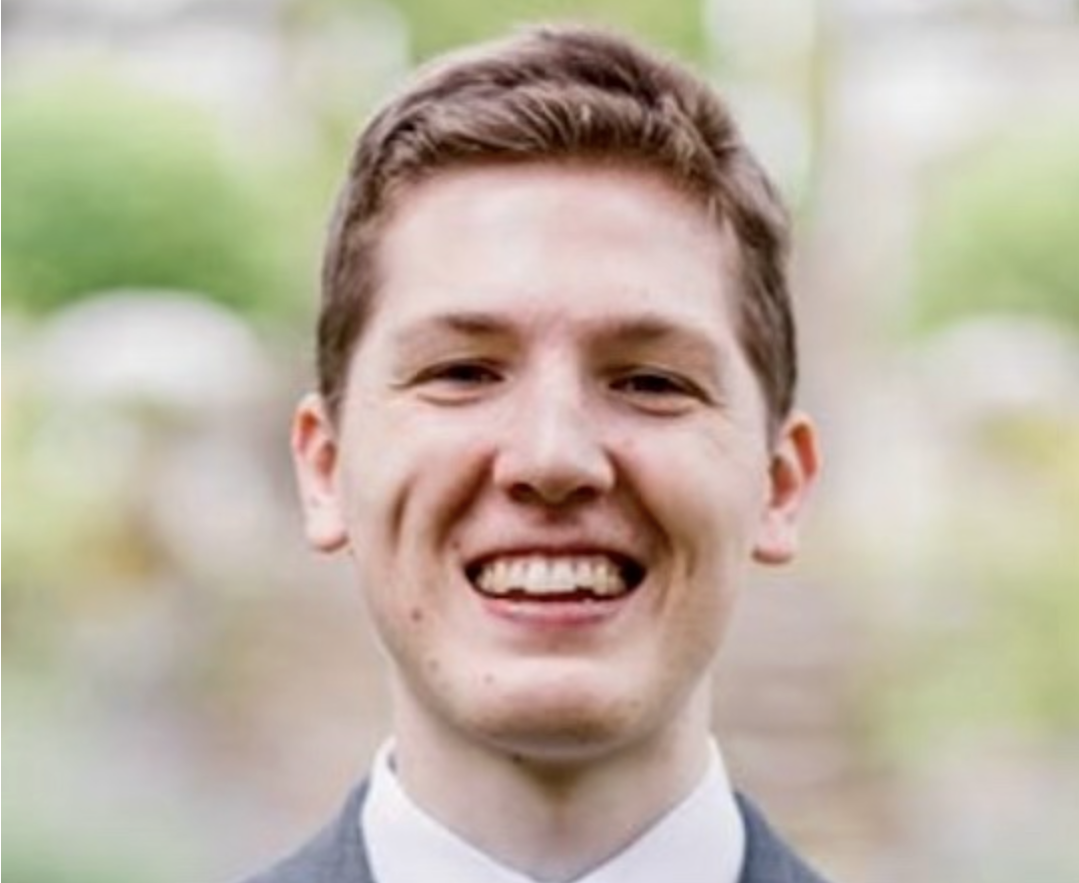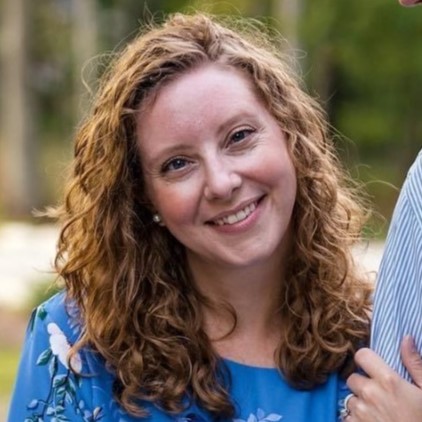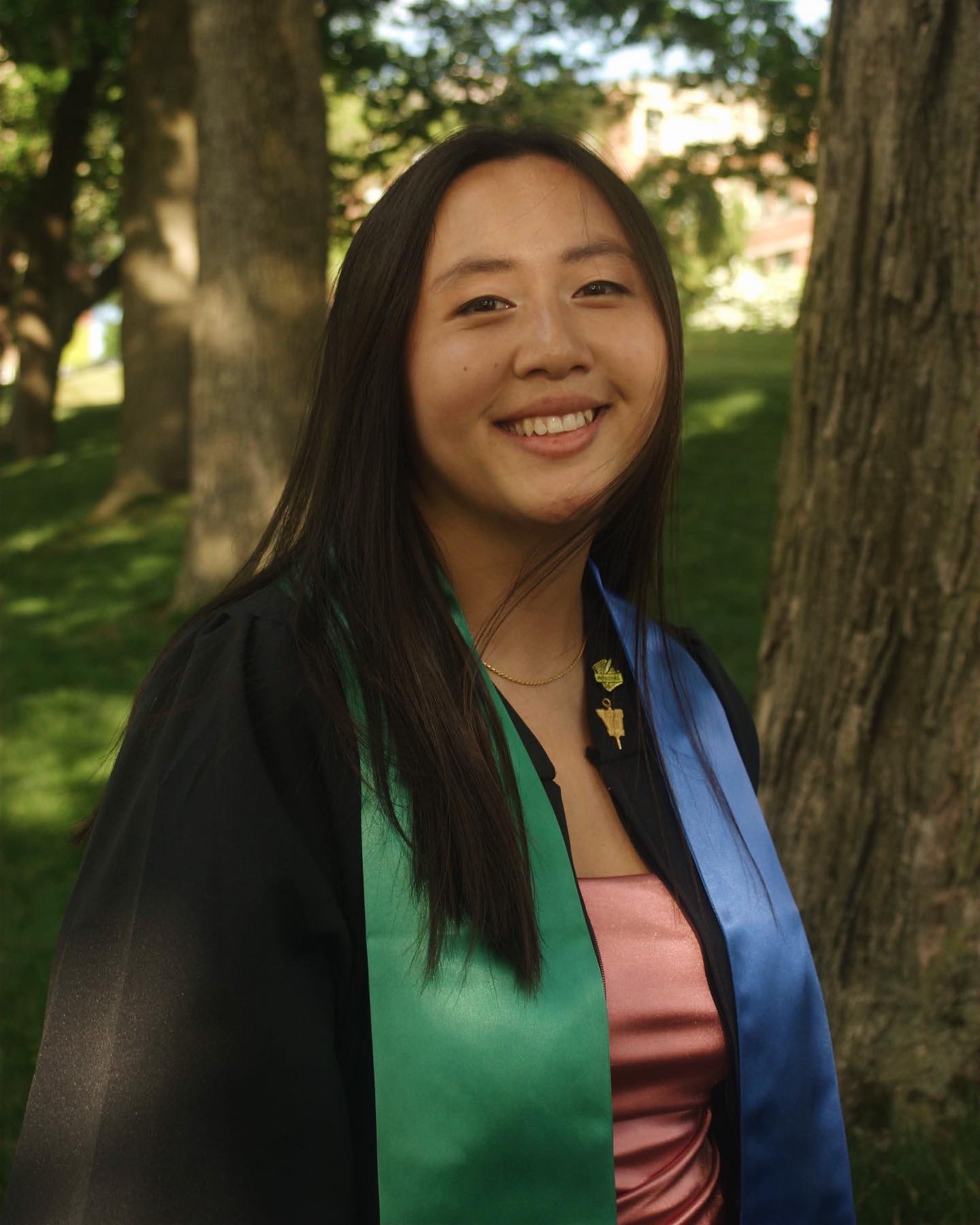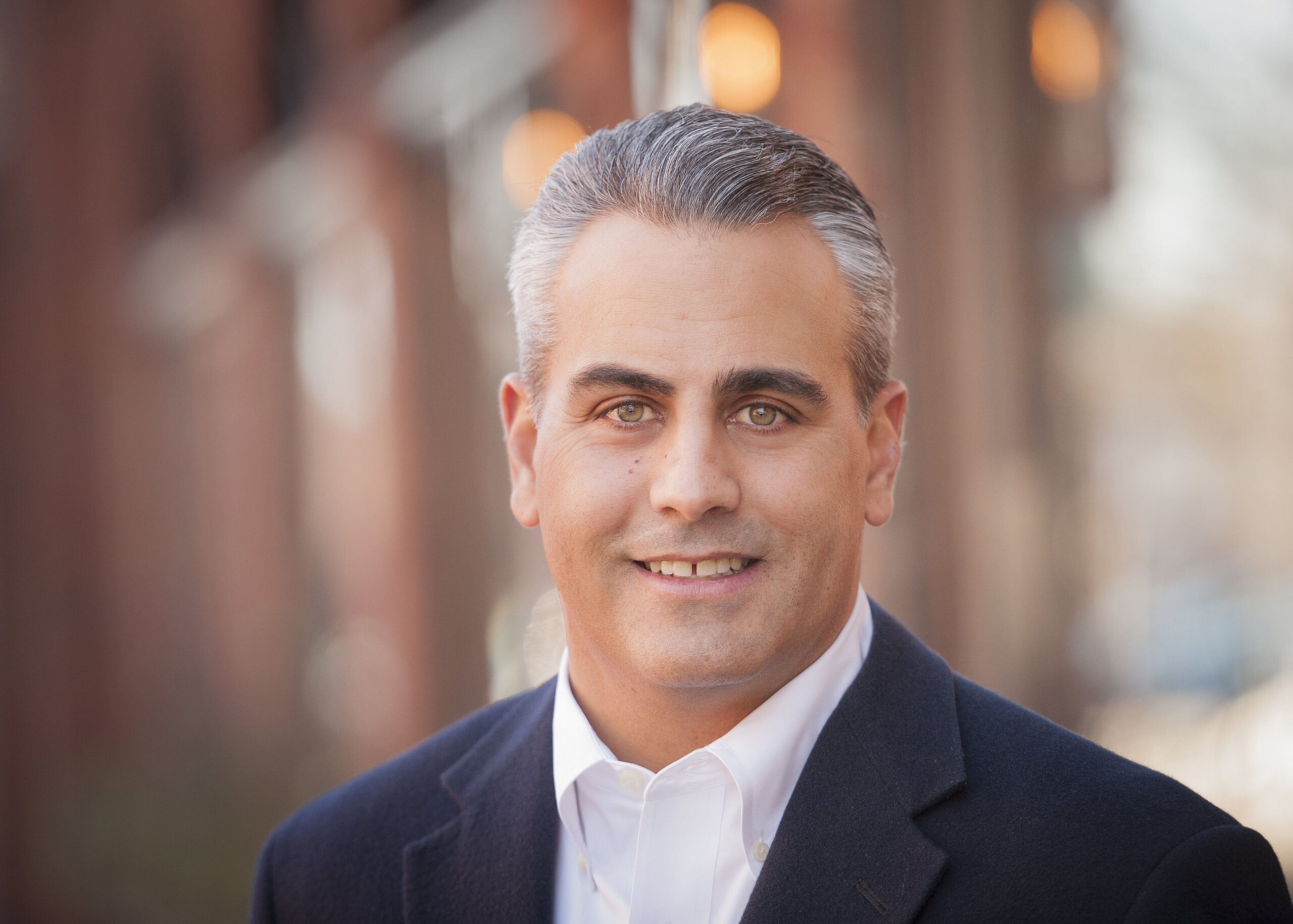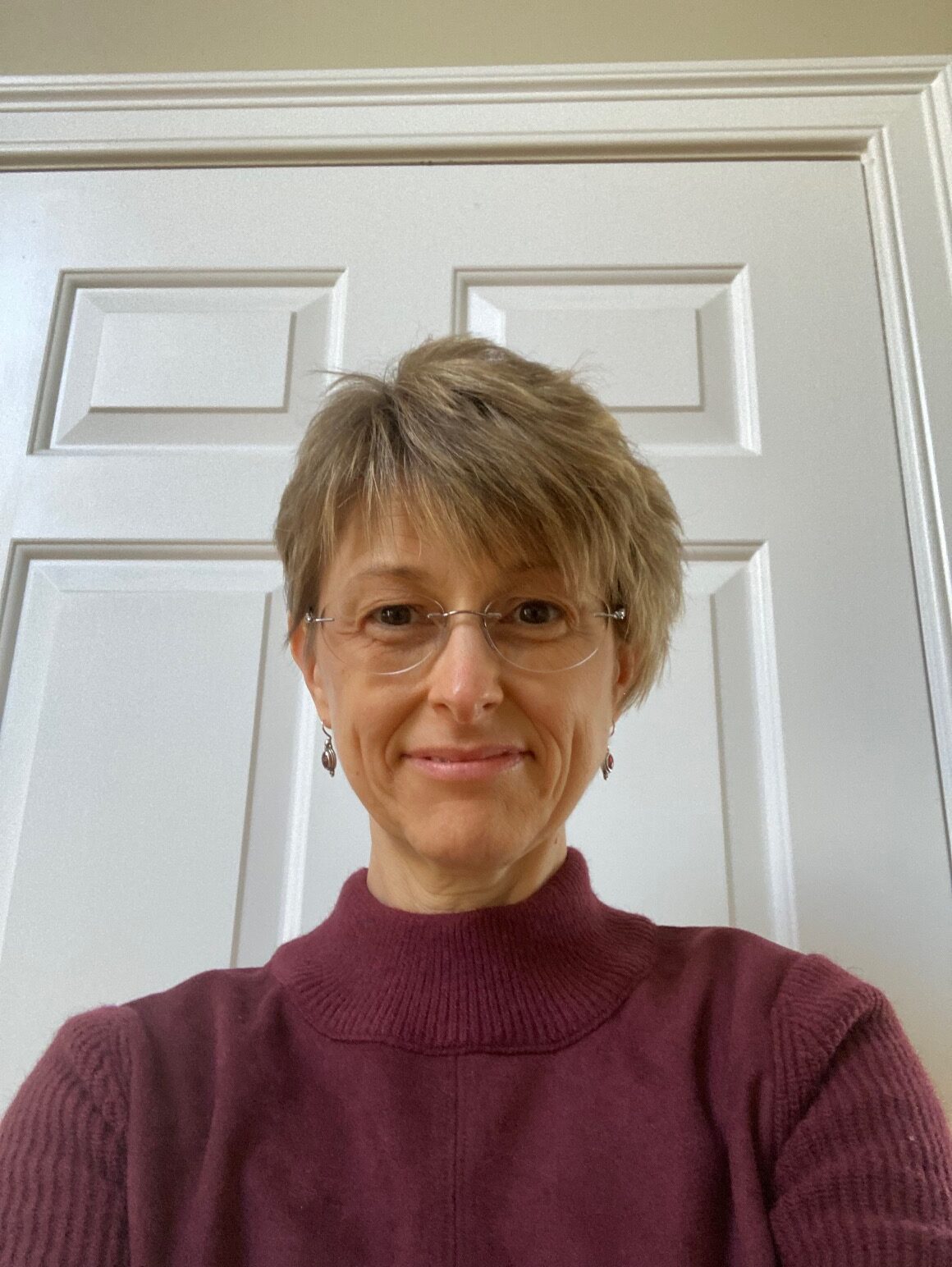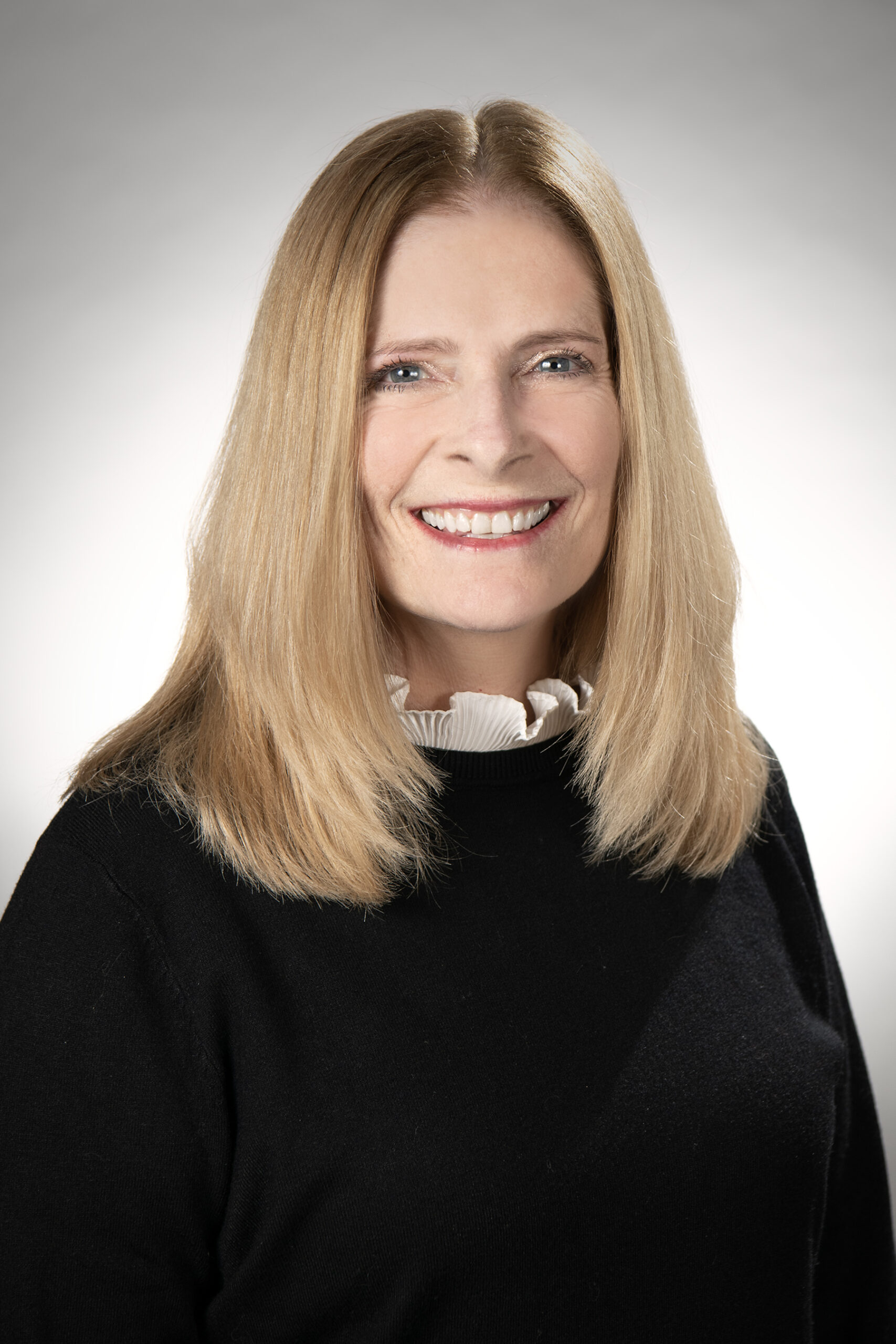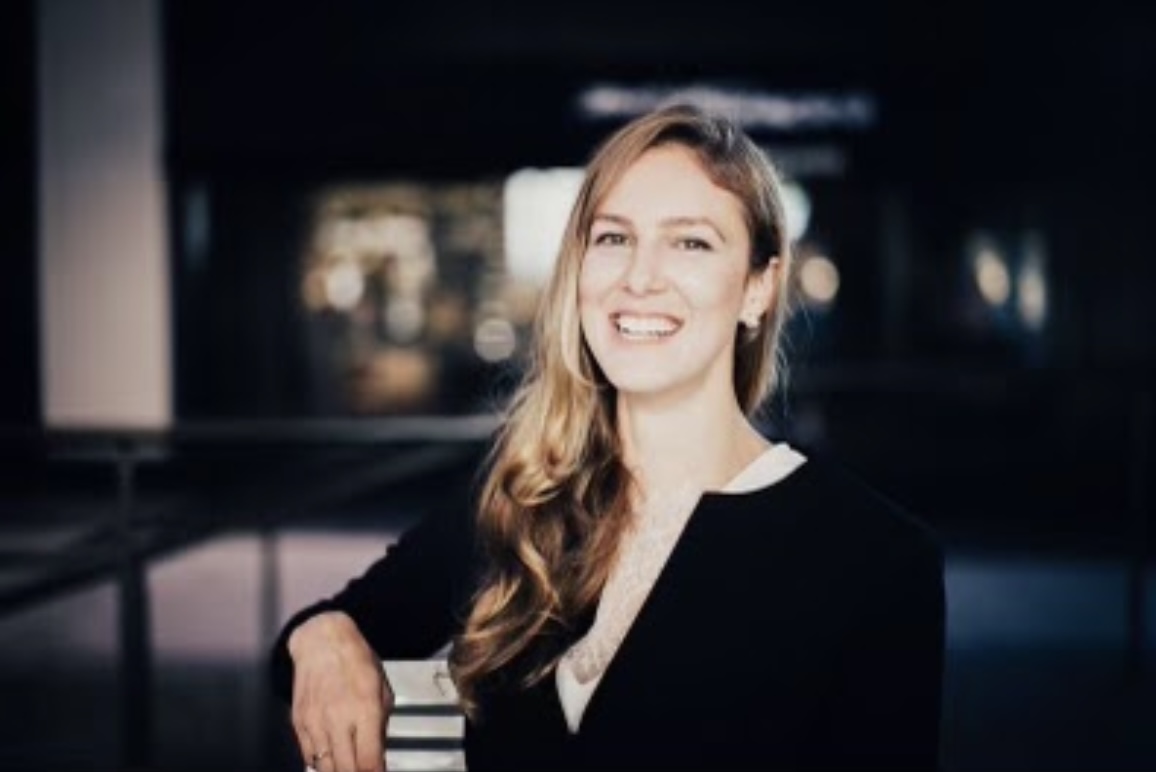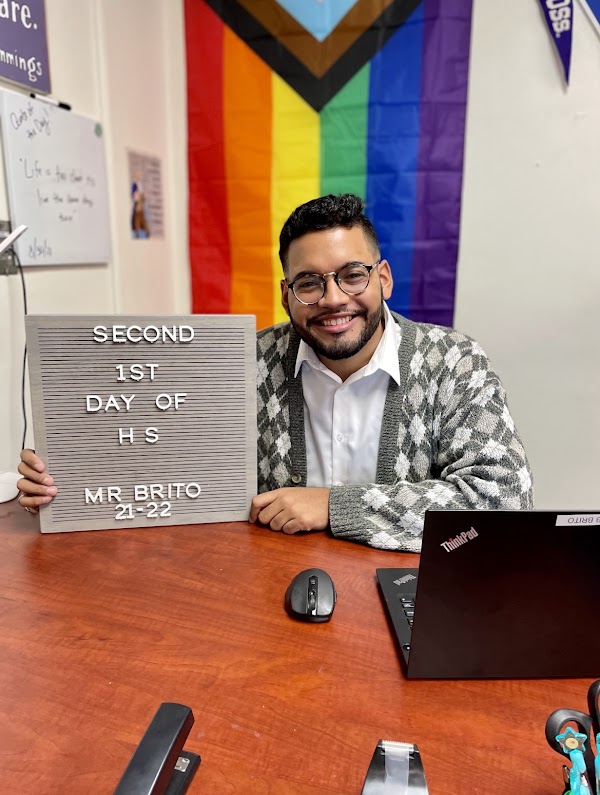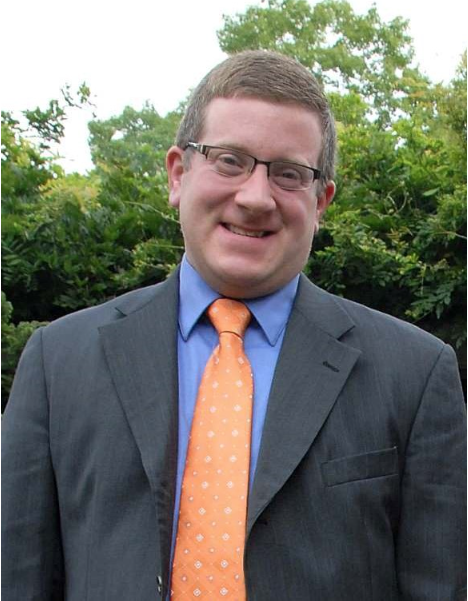Name: Graydon Hewitt
Class Year: 2021
Title: AVP, Credit Underwriter, Franchise Finance
Organization Name: M&T Bank
1. In one sentence, what does your job entail?
I manage credit underwriting and portfolio management for Commercial Banking customers in the Franchise Finance space.
2. What planned and unplanned events connected you to your industry and your first employer after Holy Cross? How did you learn/decide it was a good fit for you?
It took time for me to learn about Commercial Banking. I had been looking for internships in different areas throughout my junior year. After hearing more about the industry, I was drawn to it for its emphasis on building relationships with customers and its purpose to provide financing to help achieve business goals. Commercial Banking also offers a good work-life balance and involves financial statement analysis which I am comfortable with.
I was fortunate to find a role that was virtually based out of my hometown in Boston after not knowing what the outcome of COVID-19 would be (I interned in the Summer of 2020). M&T Bank (formerly People’s United Bank) also had a development program that enabled those interested in pursuing a full-time position to build a good foundation before rotating through a couple areas of the Commercial bank.
I had the opportunity to work in Franchise Finance at the end of the development program. The timing worked perfectly as the Franchise group had an open position for an analyst. I enjoyed hearing about the support the group provides for large franchise customers (think owners of Wendy’s, Taco Bell, or Dunkin’ restaurants) and the strength of the team.
3. What were you involved in when you were on campus?
The Finance Club was key to my initial interest in finance. In the Fall, I learned about different areas of the finance space and hear from alumni panels and in the Spring, we were given a finance-related project and the opportunity to participate in a Mock Superday with HC alumni.
Outside of finance, I played the violin in Holy Cross’s Chamber Orchestra which performs regularly throughout the year, including a trademark performance for Lessons and Carols every Christmas season with the Holy Cross Choir.
4. What was your major and how did it affect your career decisions?
I majored in both Mathematics and Economics. Mathematics, firstly, for my natural inclination towards numbers and equations, and Economics, secondly, for understanding how the global economy and the world in general worked and included numerical applications too.
I knew I wanted to find a career that involved at least some level of numerical analysis, and my Economics courses and the Finance Club naturally made me want to pursue careers in Finance. Commercial banking specifically utilizes some of these skills as well as some of the other skills I learned in classes outside my major(s).
5. What are one or two skills that you developed at Holy Cross that you use in your work?
The group projects I worked on at Holy Cross helped me work with people of different skill-sets and ways to contribute. In addition, presenting or answering questions in classes prepared me for presentations and conversations I have today with people in more senior roles here at M&T Bank.
6. What advice do you have for students on campus today?
Although I majored in Mathematics and Economics, I continue to rely on my ability to write succinctly and persuasively. My advice, therefore, is no matter what your area of focus is, continue to improve your writing where you can as you navigate your classes and post-graduate roles in the future.


